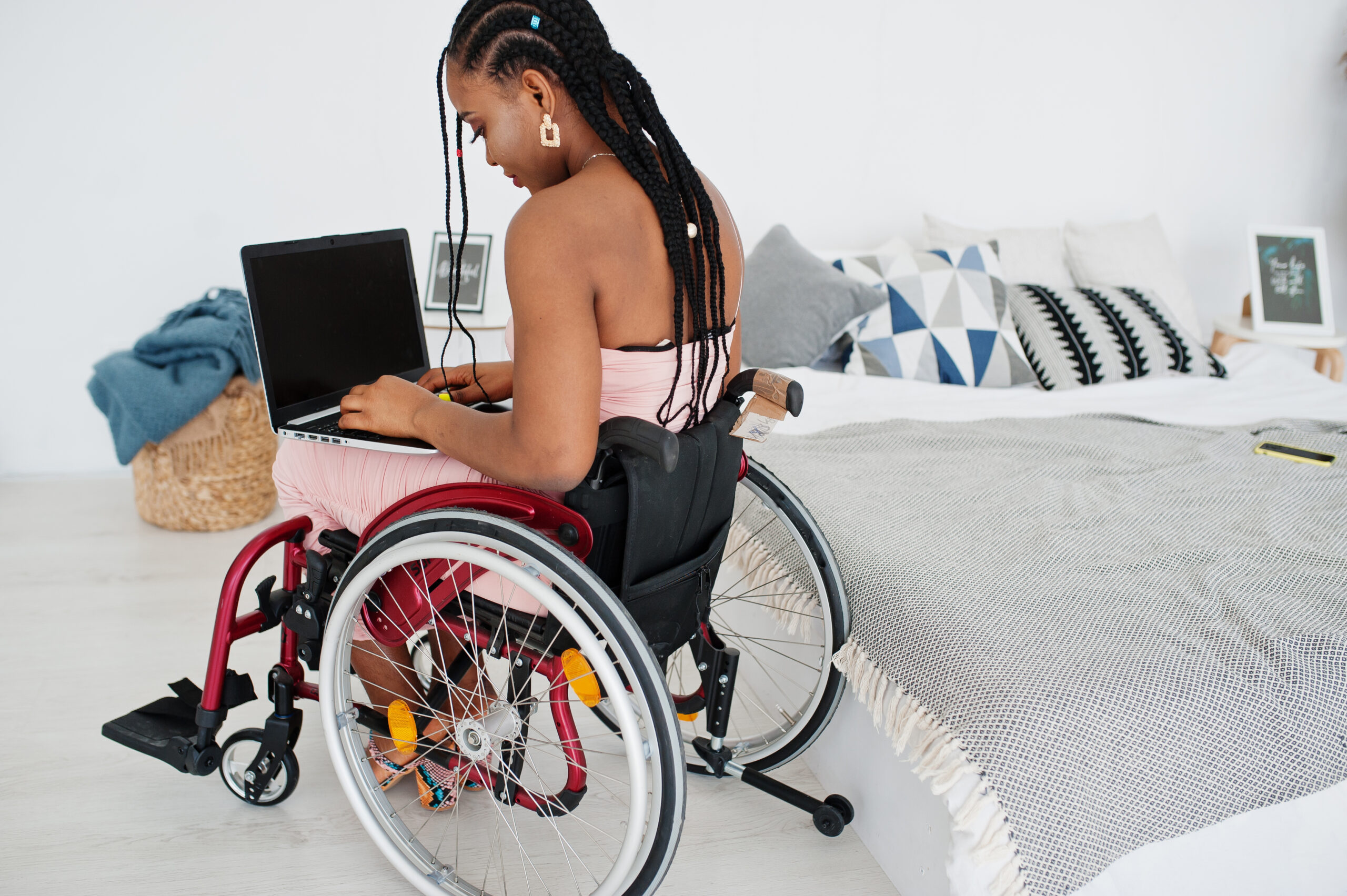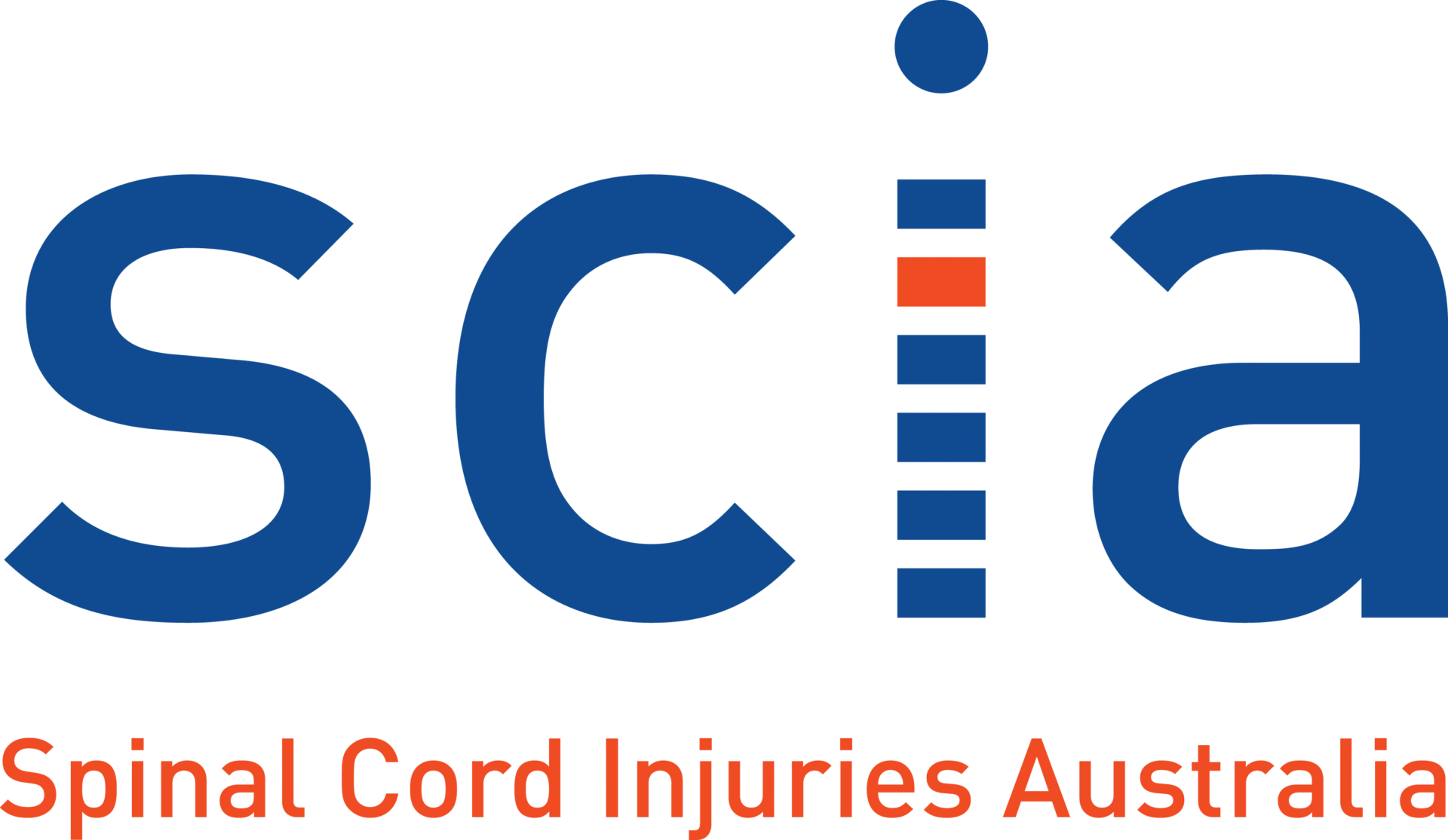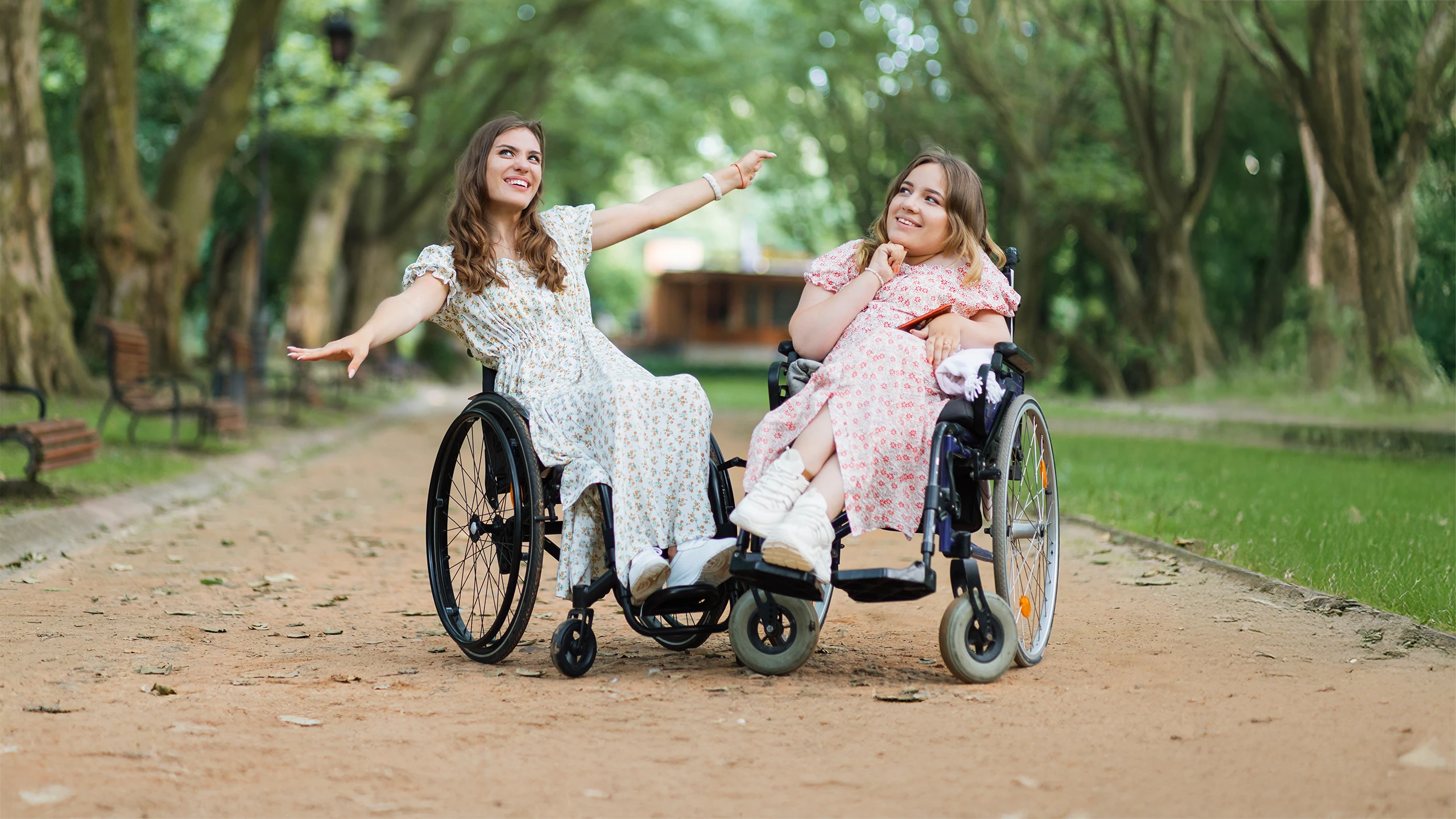Helping Find Meaning in Life
At SCIA, we believe that building resilience and finding meaning in life are essential to wellbeing — especially for people living with disability and those who support them.
We offer two free resilience programs designed to help you strengthen your mental health, build resilience, meaning and purpose, and connect with others.
We offer further guidance and assistance for people seeking counselling and navigating the mental health system.
Explore our full range of supports below.

Our Resilience Programs
Engage is a free 10-week program led by experienced facilitators with lived-experience of an acquired disability:
- Refocus on what you enjoy
- Gain a clearer sense of personal direction
- Connect with others
- Identify new opportunities
Based on research on post-traumatic growth, Engage explores how people can flourish after traumatic life-changing events. The program includes six content filled group sessions, followed by one-on-one coaching to support you to put your learnings into practice.
It uses the stories of people with lived experience of spinal cord injury to guide learning and demonstrate how meaning and purpose can be found after a traumatic, life-changing event.
Engage is run twice annually and we accept registrations all year round. Once you have registered your interest, participation is subject to availability and will be confirmed following an interview with one of our team members.
The Engage program was developed by Professors Philip Siddall, Skye Dong, Rebecca McCabe, and Shane Clifton through HammondCare, and is funded by the iCare Foundation and in partnership with SCIA.
ePACT is a self-led online skill-building and educational course designed to support people with spinal cord injury who are experiencing symptoms of depression and anxiety, such as feelings of sadness, irritability, worry, and changes in sleep and appetite.
ePACT consists of 10 models that you complete independently at your own pace. It was developed using the principles of cognitive behaviour therapy, a therapeutic approach built on the idea that increasing our skills and/or learning new skills about how we think and what we do can impact how we feel.
Need Additional Support?
Telling Your Story
No one wants to explain their condition repeatedly to new mental health professionals, especially when it does not relate to their mental health concern. Use our personal health summary template to prepare key information about your condition and background in advance. You can send it ahead of time or bring it to your first appointment—so you can focus on what really matters: your mental health.
Understanding Mental Health Plans
If you’re experiencing mental health concerns, you may be eligible for a Mental Health Care Plan. This plan gives you access to up to 10 subsidised sessions with a mental health professional each calendar year. Book an appointment with your GP and let them know you’d like to discuss a Mental Health Care Plan to get started.
Finding a Mental Health Professional
We understand that finding the right psychologist or a clinical psychologist for you can be overwhelming.
Therefore, we have put together a list of psychologists and social workers who have experience working with individuals with SCI. Those listed here work in private practice and are currently accepting clients.
Please note SCIA does not recommend any one mental health professional.
The Australian Psychology Association and the Australian Clinical Psychology Association also have a ‘find a psychologist/clinical psychologist function’ to help you search by location (including telehealth) and specialty.
- Find a psychologist through the Australian Psychology Association.
- Find a clinical psychologist through the Australian Clinical Psychology Association.
Clinical Psychologist, PhD (USyd), DClinPsych (USyd), BPsych (Hons I), MACPA, MAPS
Ph: 0404 633 767,
Email: info@skyedong.com,
Website: www.skyedong.com
Location: available via telehealth/videoconferencing or face-to-face from Redfern, Lindfield, or Pymble, NSW.
Clinical Psychologist, MAPS
Ph: 0417 286 125 (Wednesday & Friday)
Email: dezarnauldspsychology@gmail.com
Location: Available via telehealth/videoconferencing or face-to-face from Randwick, NSW. Home visits are available for those with icare funding.
Accredited Mental Health Social Worker
Ph: 0404 452 508
Email: bevnat1@bigpond.com
Location: Available via telehealth/videoconferencing or face-to-face from Randwick, NSW.
- Candice Care-Unger
Director, Specialist Social Worker & Psychosexual Therapist - Erin Mitchell
Specialist Social Worker - Stephanie Tuck
Specialist Social Worker (special interest in paediatric support) - Hailey Lin
Psychosexual Therapist & Psychotherapist - Bridie Allen
Psychosexual Therapist & Specialist Counsellor
Ph: 0483 842 315
Email: info@carerehab.com.au
Location: Available via telehealth/videoconferencing or face-to-face from various locations across NSW and QLD.
Website: www.carerehab.com.au/
Senior Clinical Psychologist
Ph: 02 8581 2738
Email: info@thinkfree.com.au
Location: Available via telehealth/videoconferencing or face-to-face from Menai, NSW.
Website: www.thinkfree.com.au/contactus
Clinical Psychologist
Ph: 02 9715 5534
Email: reception@apexpsychology.com.au
Location: Available via telehealth/videoconferencing or face-to-face from Burwood, NSW.
Website: www.apexpsychology.com.au
Important Contacts
Support for people with an injury and families, in spinal units and in the community.
Lifeline is a 24/7 crisis service staffed by trained volunteers. Volunteers are trained to support people who are feeling suicidal, low, sad, worried, or need to talk.
Phone number (Australia-wide): 13 11 14.
Visit the website: www.lifeline.org.au
Suicide Call Back Service is a free nationwide service providing 24/7 phone and online counselling to people affected by suicide.
Phone number (Australia-wide): 1300 659 467
Visit the website: www.suicidecallbackservice.org.au
Sane Australia offers a range of free digital and telehealth support services for people over 18 years of age with complex mental health needs, and their family, friends and carers. They also provide mental health support to people with intellectual disability, autism or acquired brain injury.
Phone number (Available Monday-Friday, 10am-8pm AEDT/AEST): 1800 187 263
Visit their website: www.sane.org/get-support/sane-support-services
Beyond Blue is a support service available 24 hours a day, 7 days a week. You can speak directly to a counsellor or chat online, or seek resources to support someone with their mental health.
Phone number (Australia-wide): 1300 22 4636
Visit the website: www.beyondblue.org.au/get-support
Way Ahead offers support people across New South Wales and beyond by providing education, services, and resources that help improve mental health and wellbeing.
Access information for issues relating to mental health, anxiety disorders, carer information and anyone requiring translating or interpreting services, as well as forums to connect with a supportive community.
Visit their website: wayahead.org.au/support
13YARN is the first national crisis support line for mob who are feeling overwhelmed or having difficulty coping. We offer a confidential one-on-one yarning opportunity with a Lifeline-trained Aboriginal & Torres Strait Islander Crisis Supporter who can provide crisis support 24 hours a day, 7 days a week.
13YARN empowers our community with the opportunity to yarn without judgement and provide a culturally safe space to speak about their needs, worries or concerns.
Call 13 YARN (13 92 76)
Visit the website: www.13yarn.org.au
Yarning Safe ‘n’ Strong is a free and confidential counselling service for Aboriginal and Torres Strait Islander Peoples. Yarning SafeNStrong (YSNS) is available to people and families who need to have a yarn with someone about their wellbeing.
Phone number: 1800 959 563
Visit the website: www.vahs.org.au/yarning-safenstrong

